Gut Feelings to Data-Driven Decisions: The Role of Intuition & Algorithms in Medicine

Where are you on your journey?...
I must admit, I am not a fan of algorithms. I have never used them, looked at them, or even paid attention to them - because I believe rote memorization teaches nothing. At least for me.
In medical school, I often found myself chuckling at the complexity of our lectures, extensive white-boarding of elaborate algorithms in study groups, and often joking with my classmates, "It’s just intuition!" As a 47-year-old first-year medical student with 22 years of practice as an OD behind me, I felt like Rodney Dangerfield in Back to School, but the truth was, intuition often guided my clinical decisions. This blend of experience and instinct began to spark my curiosity about the dynamic relationship between intuition and algorithms in medicine.
In our daily practice, the decisions we make carry profound consequences for our patients’ health. The interplay between intuition and algorithms serves as a dynamic force shaping clinical approaches for many in practice. Algorithms provide structured frameworks hopefully grounded in evidence-based guidelines, while intuition taps into our tacit knowledge and gut feelings, helping us navigate the nuances and art of daily patient care.
Research into intuition within medical practice is gaining traction, finding its significance in improving diagnostic accuracy and enhancing patient care. Studies are looking into how intuition develops with experience, how it operates in high-pressure environments, and how it integrates into medical education and daily practice. Intuition is key for us, where the stakes can be high and doing the right thing can be subtle.
Consider the role of intuition in diagnostic decisions. Research shows seasoned clinicians often rely on their instincts to make rapid assessments, especially in complex cases. For instance, when faced with an individual exhibiting rare signs or symptoms, it is our intuition which may lead us to consider an unconventional diagnosis which textbook algorithms might overlook.
In psychological disorders, intuition becomes even more critical. An intuitive grasp of an individuals emotional state can guide management decisions far more effectively than a checklist of symptoms. Similarly in emergency medicine, where time is of the essence, intuitive judgment can prompt life-saving interventions before recalling an algorithm can even process the situation.
However, intuition is not without risk. It is inherently subjective and can be influenced by personal biases. While intuitive judgments can often be accurate, they can also lead to errors, particularly when based on incomplete information or lack or experience. Which is why we need to study our patients everyday and it's called "practice".
Algorithms on the other hand, assumingly derived from scientific evidence, offer a textbook approach to diagnosis and treatment. They attempt to streamline clinical processes and promote consistency in care, compiling vast amounts of data into actionable recommendations. Yet, they too have limitations. Algorithms are not good at atypical clinical presentations (no one is typical!), often with low-yield inconclusive results when faced with unique complexities of each individual.
It is true for many practicing on the front lines, the balance between intuition and algorithms is essential - integrating both to enhance diagnostic accuracy and deliver more personalized care. But daily practice also requires us to accept uncertainty and risk, continuous learning, for which I believe high-yield intuition in the end means we have mastered our work.
So take a moment to reflect on your own decision-making. Are you allowing intuition to help guide you vs rote memorization, protocols, and algorithms? Where are you in your clinical journey?
I invite you to explore this balance in your practice. Consider the cases where your intuition has led to better individual outcomes and where algorithms (and protocols) may not have even been a thought.
Hope you'll post your thoughts below...
- JRM
YOUR EXPERIENCE MATTERS!
Create Your CE/CME Online Course Or Book From Material You Have
|
- No Fees: We'll build & publish your course on our powerful platform.
- Income Stream: We do the work & you earn.
- Real Partnership: Real humans.
- Utilize Existing Materials: Notes, FAAO papers, writings collecting dust?
- Share Your Expertise: Teach others to help others.
- Global Audience: Reach eager learners worldwide.
- Fill The Void: Help close the gap in ophthalmic medicine.
VISION & NEUROLOGY CASEBOOK BUNDLE
Downloadable Book & Podcast Conversation
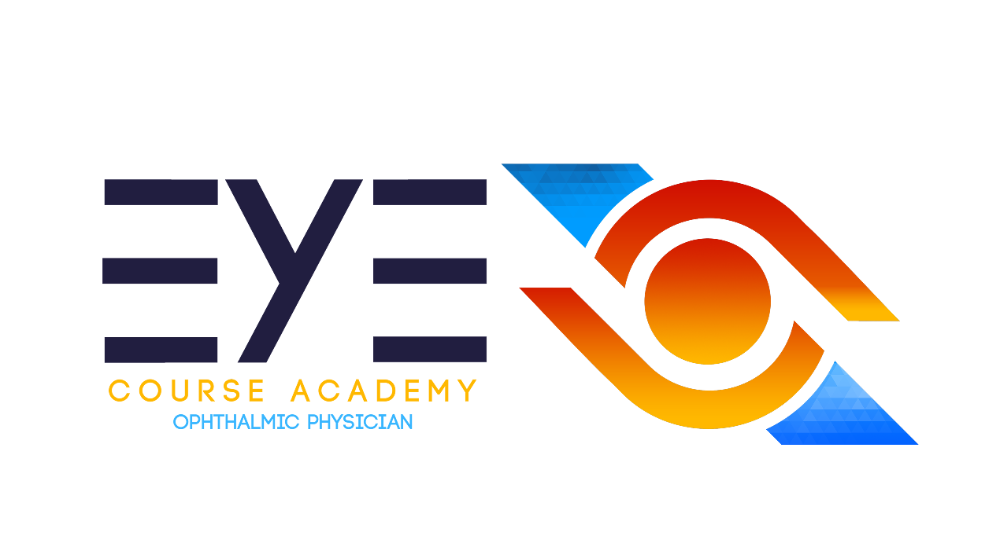
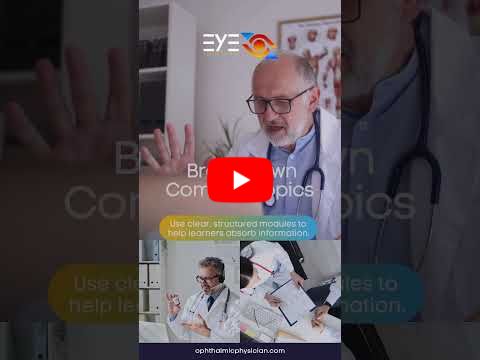
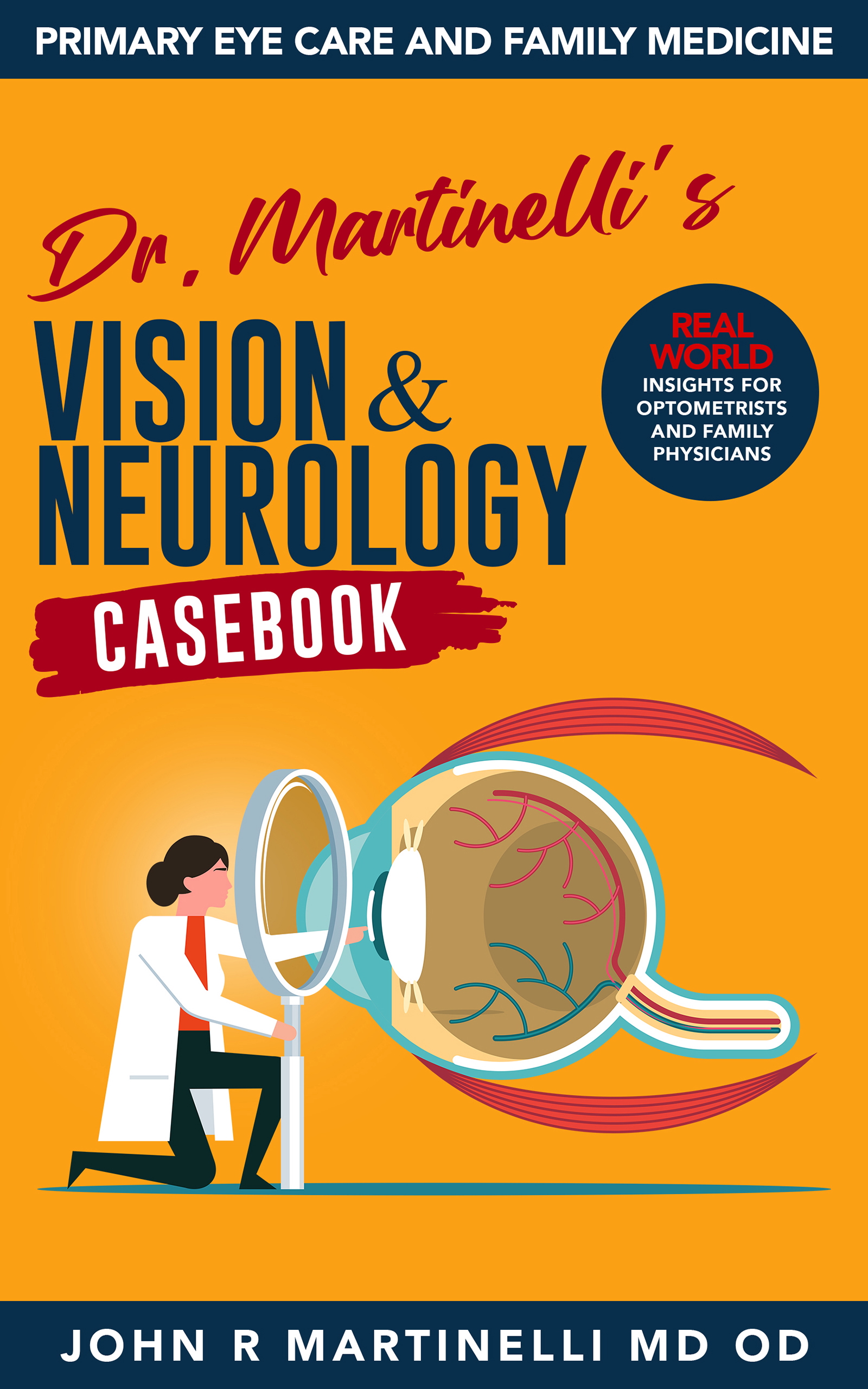
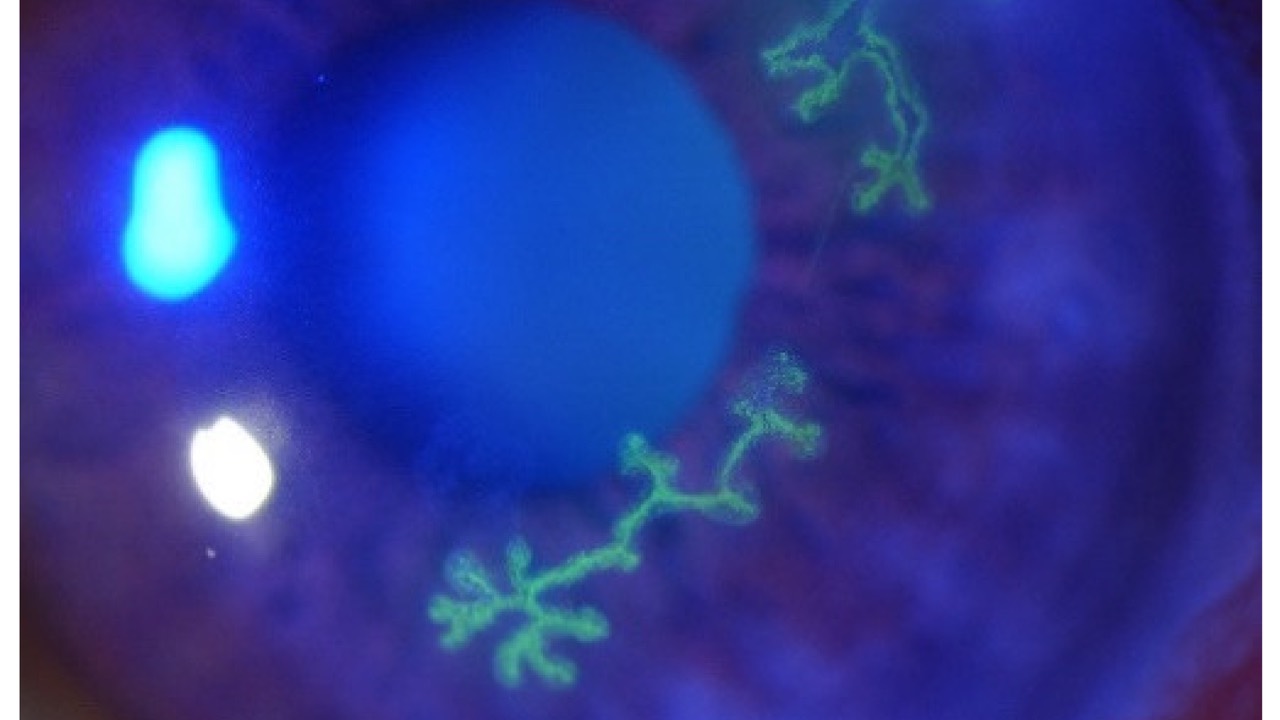
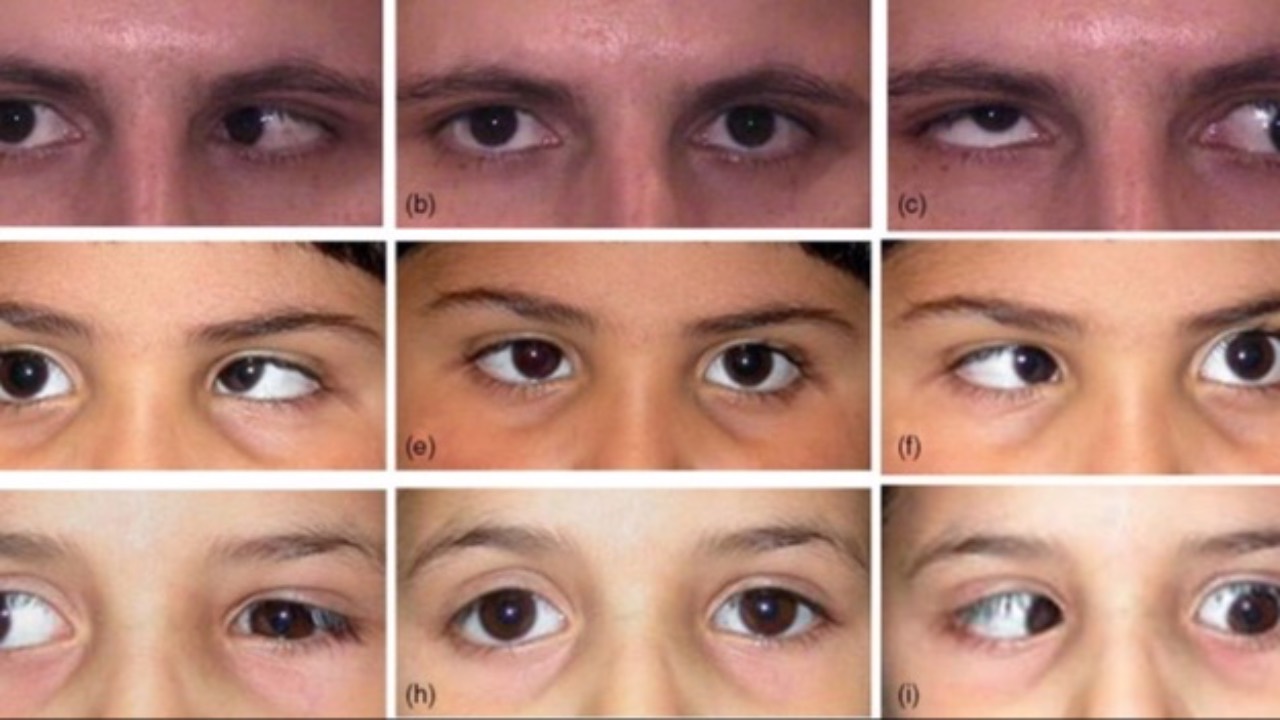
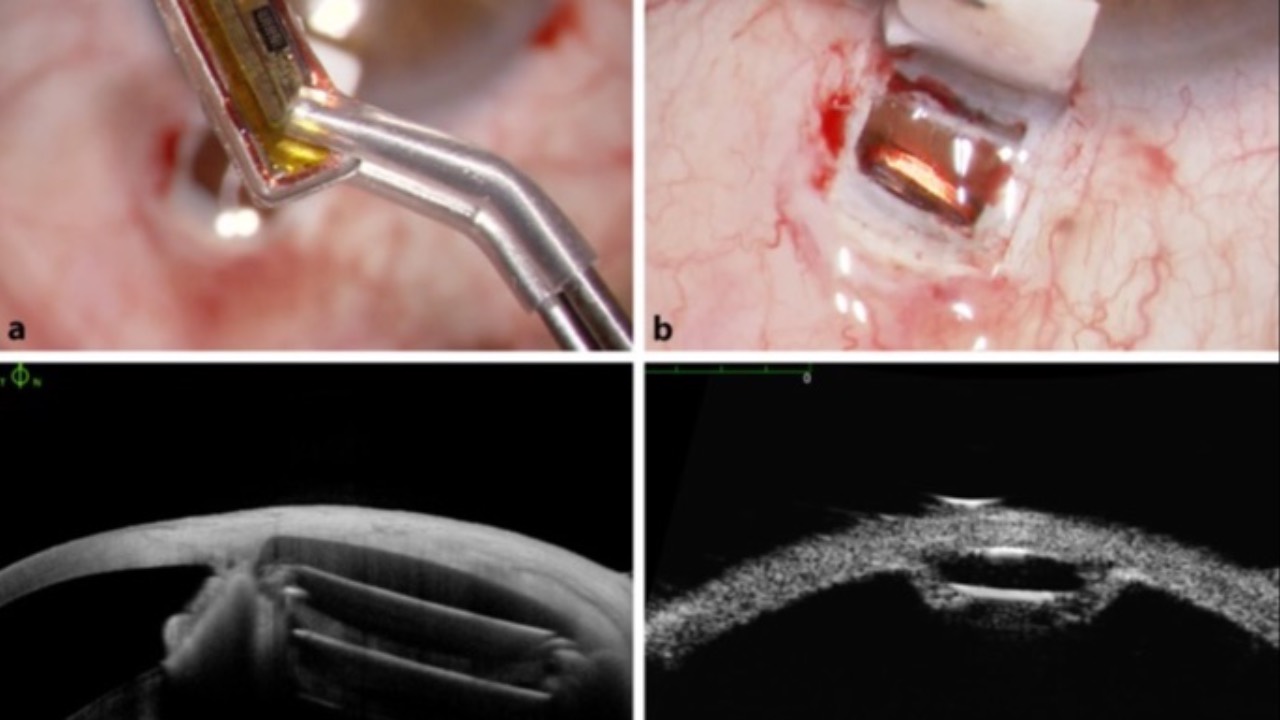
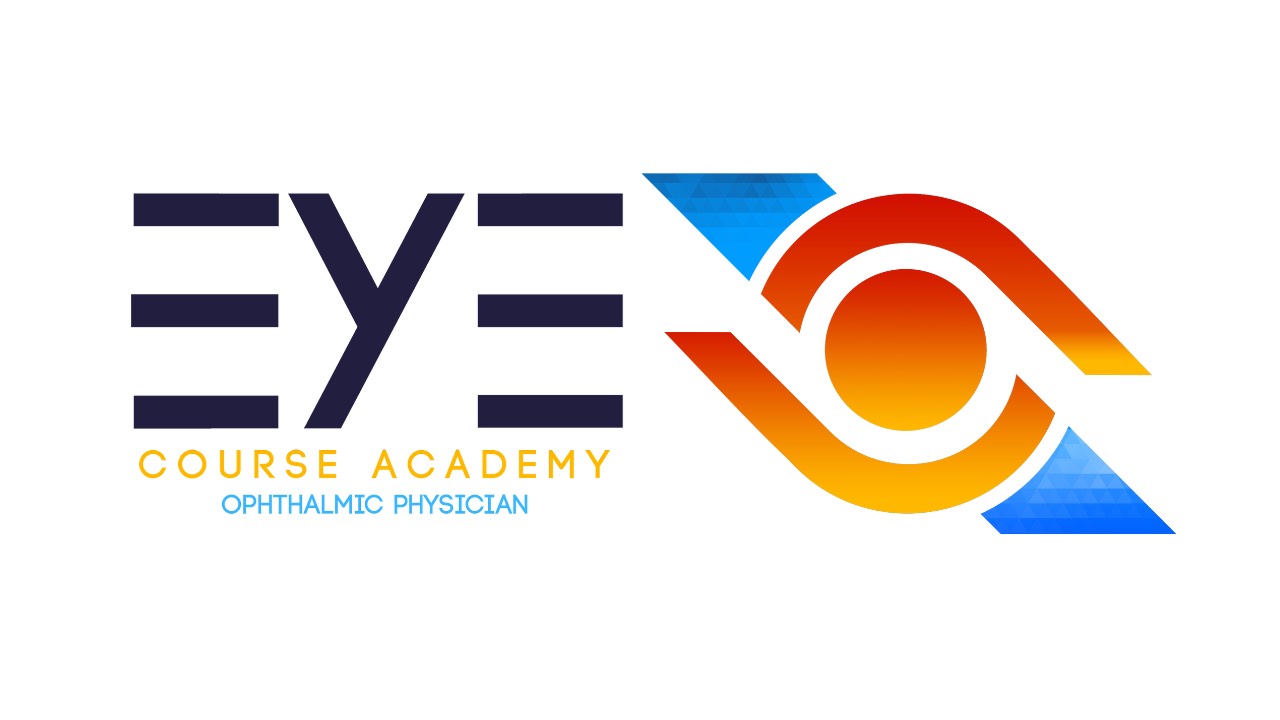
Responses